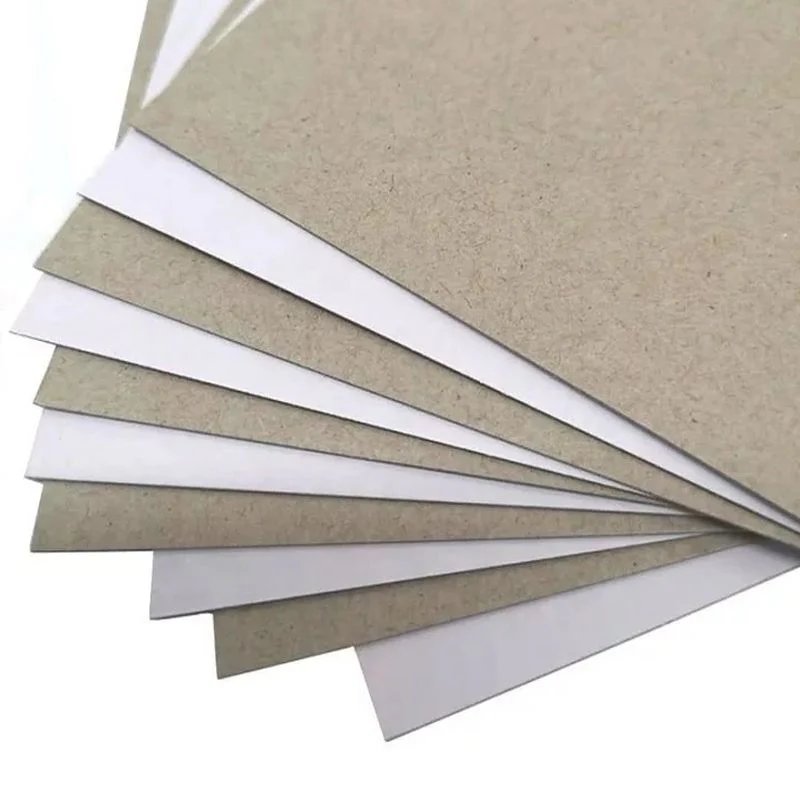- Home
- furniture from paper exporters
Dec . 26, 2024 01:12 Back to list
furniture from paper exporters
Exporting Innovations The Rise of Paper Furniture
In an era where sustainability and innovation dominate design and manufacturing, the furniture industry is witnessing a remarkable transformation. One of the most intriguing developments in recent years is the emergence of furniture made from paper, a trend predominantly driven by exporters specializing in eco-friendly materials. This article delves into the phenomenon of paper furniture, exploring its benefits, design possibilities, and the growing market for this innovative approach.
Understanding Paper Furniture
Paper furniture is a type of furniture crafted from compressed paper products, often treated to enhance durability and aesthetic appeal. Unlike traditional wooden furniture, paper furniture is typically lightweight, easy to transport, and can be produced in a variety of styles and designs. The core material is often recycled paper, making it an environmentally friendly option that appeals to eco-conscious consumers.
The Environmental Edge
One of the primary motivations for manufacturers and exporters to delve into paper furniture is the pressing need for sustainable alternatives in a world grappling with environmental issues. The traditional furniture industry often relies on deforestation and the use of toxic materials, contributing to ecological degradation. In contrast, paper furniture utilizes recycled and renewable resources, significantly reducing the carbon footprint associated with production and disposal.
Moreover, the global push towards a circular economy encourages the use of materials that can be recycled and repurposed at the end of their life cycle. By opting for paper furniture, consumers not only reduce waste but also promote a more sustainable lifestyle.
Diverse Design Possibilities
Innovators in the paper furniture industry are not limiting themselves to basic designs. On the contrary, they are tapping into various aesthetics, ranging from minimalist chic to bold, artistic statements. Thanks to advances in technology, manufacturers can create intricate designs that showcase the versatility of paper as a material.
furniture from paper exporters

From sturdy tables and chairs to quirky shelving units, the possibilities are virtually endless. The lightweight nature of paper furniture also allows for easy mobility and reconfiguration, making it ideal for urban living where space is at a premium. Additionally, paper furniture can be easily customized, enabling consumers to choose colors, patterns, and shapes that fit their personal style.
Economic Benefits and Global Market Trends
The global market for paper furniture is expanding, with exporters capitalizing on the growing demand for sustainable products. Countries rich in paper resources, such as Finland, Sweden, and Japan, are emerging as key players in this niche. By leveraging their expertise in paper production, these exporters are pioneering innovative furniture solutions that appeal to both domestic and international markets.
The affordability of paper furniture compared to traditional materials also makes it an attractive option for budget-conscious consumers. As more people prioritize sustainability without sacrificing style, paper furniture is poised to gain significant traction, particularly among millennials and Gen Z, who are driving trends towards eco-friendly living.
Challenges Ahead
Despite its many advantages, the paper furniture industry faces challenges that must be addressed. Durability remains a concern for some consumers, as paper is often perceived as less sturdy than wood or metal. Manufacturers are continuously working on treatments and designs to enhance the strength and longevity of paper products. Additionally, raising awareness and educating consumers about the benefits and versatility of paper furniture will be crucial for widespread adoption.
Conclusion
Paper furniture is more than just a trend; it represents a shift towards sustainability and innovation in the furniture industry. As exporters and manufacturers continue to explore the potential of this material, consumers can look forward to a future where stylish, functional, and environmentally friendly furniture pieces become the norm. By embracing paper furniture, we not only support eco-conscious practices but also pave the way for a new era of design that values creativity, sustainability, and resilience. As this industry evolves, it holds the promise of transforming how we think about furniture and its impact on our planet.
Latest news
-
Self Adhesive Paper for Wooden Furniture | Easy DIY Decor & Renovation
NewsAug.24,2025
-
Premium Coated Duplex Board Paper | Grey & White Back Options
NewsAug.23,2025
-
Premium Decorative Base Paper for Stylish Laminates & Panels
NewsAug.22,2025
-
Premium Decor Base Paper for Furniture & Laminates
NewsAug.21,2025
-
Easy Self Adhesive Paper for Wooden Furniture Decor
NewsAug.19,2025
-
Premium Decor Base Paper: High-Quality Melamine Impregnated Paper
NewsAug.18,2025

